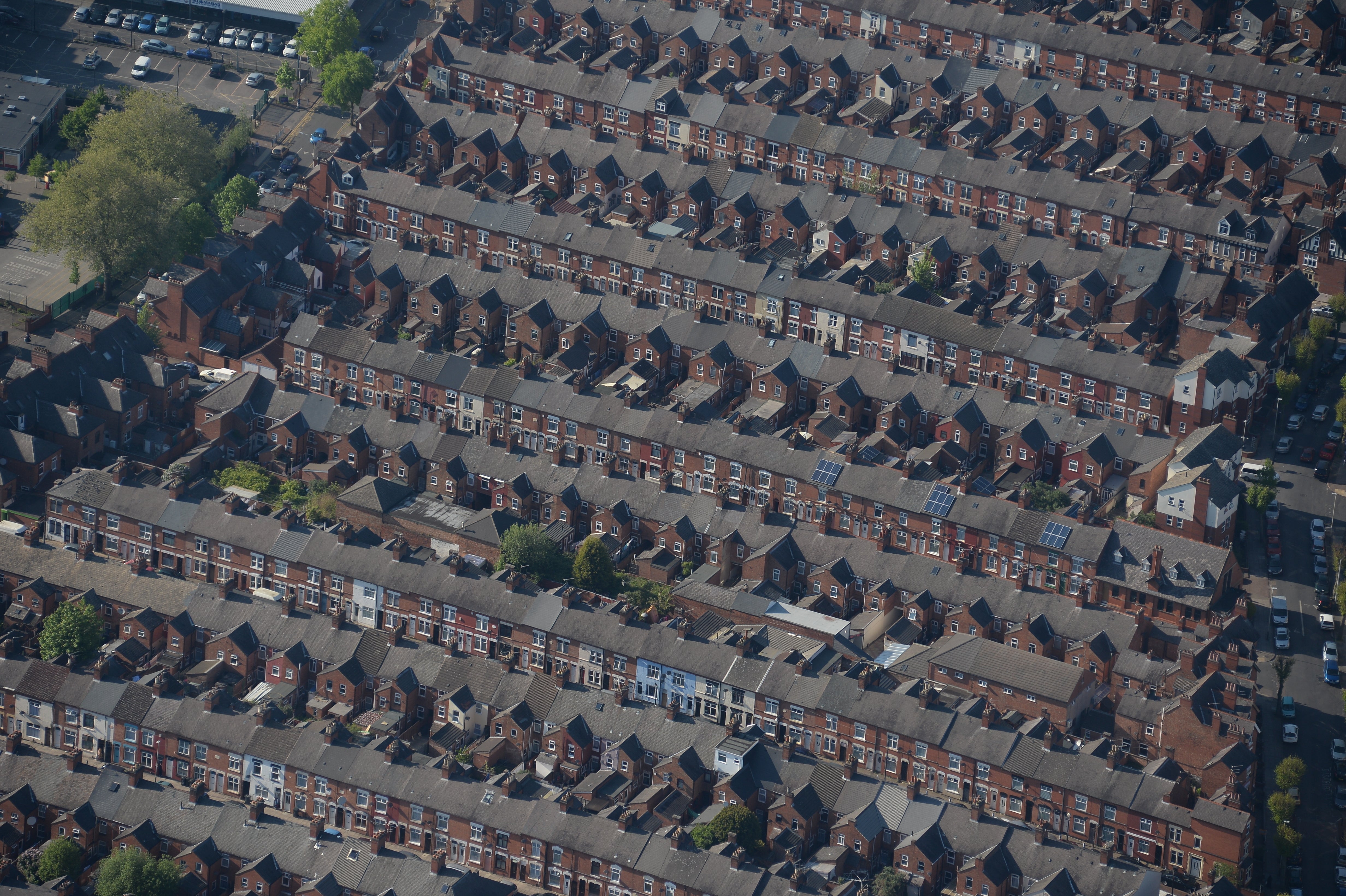Right to Buy – the totemic policy of Thatcher years – has never lost its lustre for Tories
Selling off homes worked for the former PM, writes Andrew Woodcock, but will it deliver the same magic for Johnson?


Boris Johnson is not the first Conservative leader to invoke the words “Right to Buy” in the hope that some of Margaret Thatcher’s fabled gold dust will rub off on him.
The sell-off of council homes was perhaps the most totemic domestic legislation of the Thatcher years, playing a role even greater than that of nationalisation of state-owned industry in transforming British society.
Introduced in 1980, it was credited with attracting a whole new sector of society to the Conservatives, spreading their appeal beyond the affluent middle classes and into aspirational working families who saw it as a step up the ladder to a more comfortable and individualistic way of living.
For the scheme’s many admirers, it opened up the opportunity of home-ownership – and profiting from the housing market – to millions who would never previously have dreamt of it, freeing them from the tyranny of council diktat on everything from how their homes were maintained to what colour their front door should be.
But for its detractors, Right to Buy lies at the root of the current housing crisis, transferring millions of properties built with public money to private hands, often at a knock-down price, without guaranteeing their replacement with new social rental homes for people unable to buy.
By 1997 more than 1.7 million council homes had been sold to their tenants, in what Michael Heseltine described as the largest transfer of capital wealth from the state to the people ever enabled by a single piece of legislation.
Homes were sold off at a discount of up to 70 per cent on market prices and local authorities were obliged to offer a mortgage with no deposit, but barred from using any of the proceeds to build new homes.
As a result, the total stock of social housing in the UK fell from almost 6.5 million units in 1979 to 2 million in 2017, as home-ownership rose from 55 per cent to 71 per cent of households between 1979 and 2003.
Critics blamed the scheme for a housing bubble which has seen purchase prices rise to seven times the average wage across England – and as much as 27 times in some parts of London and the southeast – pushing home-ownership out of the reach of many younger families.
They point out that many of the council homes bought by householders under Thatcher were later sold on to buy-to-let landlords, who rent them out at inflated prices to private tenants unable to find social housing.
Waiting lists for social housing have swollen to more than 1 million in England, while private rents soak up more than one-third of average local wages in half of the country – and more than half in some parts of London – without offering the same security as housing association homes.
Ironically, it is reportedly the desire to help the “generation rent” group of younger people now unable to buy a home which has motivated Mr Johnson’s new sell-off scheme.
Reviving an idea from David Cameron’s 2015 Tory manifesto, he aims to extend the right to buy to housing association tenants.
No details are yet available of the scheme, but it seems likely it would involve a sizeable discount for sitting tenants. It is unclear whether he would fund replacement social housing, as Mr Cameron proposed, by forcing associations to sell off their most valuable properties and build cheaper elsewhere – something which was condemned at the time as an attempt to remove pockets of social housing from affluent areas of cities.
The Brexit referendum which curtailed Mr Cameron’s career also derailed the scheme, which was quietly forgotten under successor Theresa May.
But it is far from clear whether its resuscitation under Mr Johnson will have the effects apparently sought by the prime minister.
Ms Thatcher famously saw council estates as vast reservoirs of Labour voters and sought to break up their monolithic voting habits by giving them a stake in the market system in the form of a mortgage and a value-accruing home.
Mr Johnson is today confronted by a generation beginning to reach middle age who have no such stake and precious little hope of acquiring one unless they inherit from parents who were able to get their feet onto the ladder far earlier in their adult lives.
By 2018, the proportion of English households owning their own home had fallen to 63 per cent and it continues to fall as a result of unaffordable deposits and sky-high prices.
The fear in Tory high command is that fewer of these people will make the move, as they grow older, start families and – crucially – buy a home, from youthful rebellion to comfortable conservatism.
However, many in this group, by definition, will not be in a position to benefit from any housing association sell-off. The shortage of social accommodation means that its tenants are largely drawn from more disadvantaged groups who may not be able to afford the switch to ownership. And millions of those dreaming of ownership are in private tenancies, denied the below-market rents and security of tenure offered by housing associations, and paying rents so high that saving for a deposit seems impossible.






Join our commenting forum
Join thought-provoking conversations, follow other Independent readers and see their replies
Comments